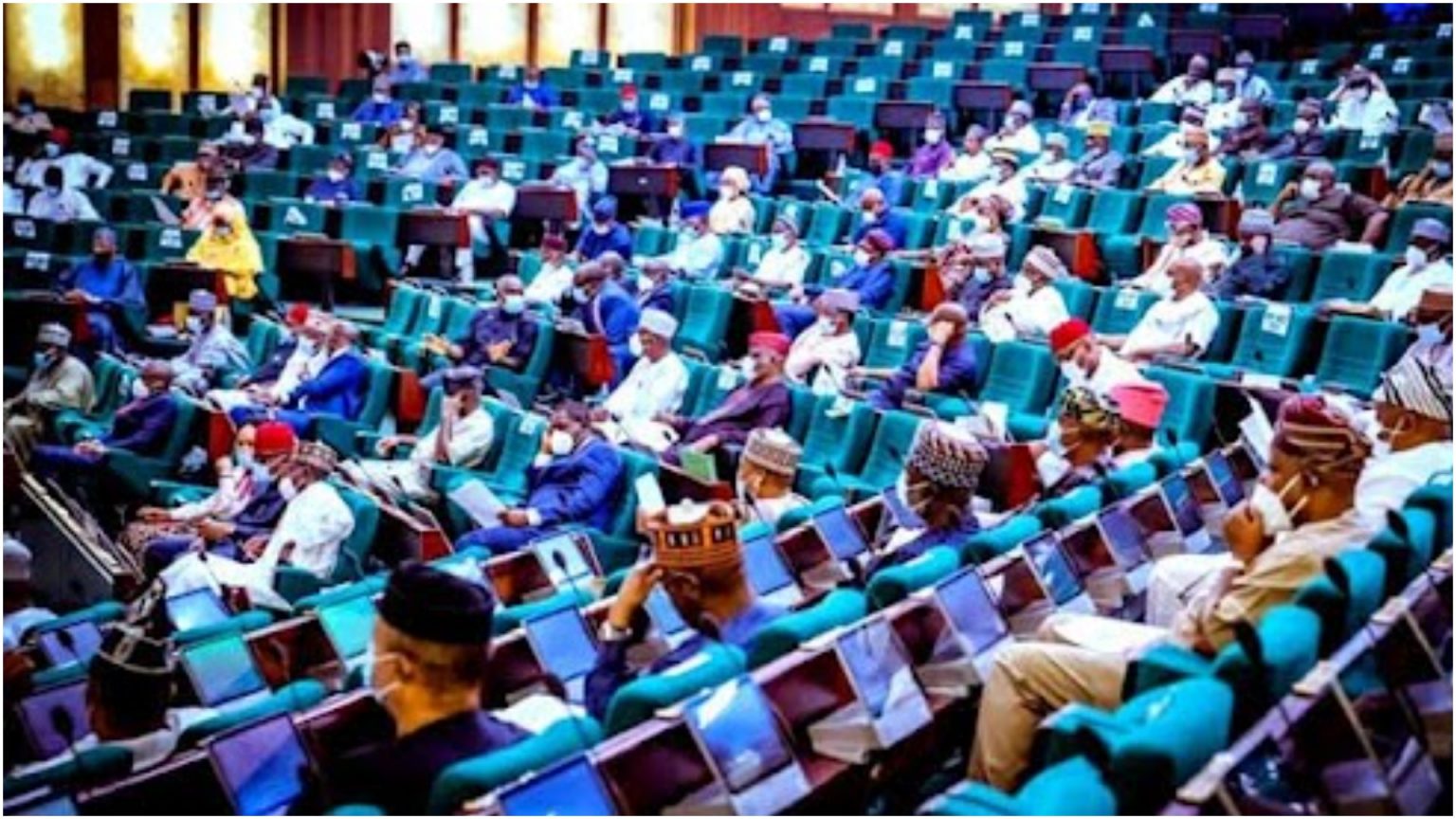The House of Representatives Committee on Petroleum Resources (Upstream) has demanded a reversal of the recent fuel price increase. They urged the Federal Government and Nigerian National Petroleum Company Ltd. (NNPCL) to take immediate action.
Rep. Alhassan Ado-Doguwa, the committee’s Chairman, described the hike in petrol prices as unacceptable for Nigerians. He criticized private companies for taking advantage of gaps in the system to make excessive profits.
Doguwa called on the government to suspend the recent pump price increase and consider the hardships Nigerians are facing. He emphasized that Nigerians are currently going through numerous challenges, which are worsened by the fuel price increase.
Doguwa urged a return to the old price and called for stakeholder engagement to address the issue. He also pledged to tackle the challenge of crude oil theft, which affects government revenue and fuel supply.
As Chairman of the Special Committee on Crude Oil Theft and Pipeline Vandalization, he promised to collaborate with communities. His committee will work to engage youths and local leaders in oil-producing areas to address crude theft.
He noted that crude oil theft could severely impact petrol supply across the country if not addressed. In collaboration with security agencies, the committee aims to secure vital oil pipelines and other critical infrastructure.
Also Read: President Tinubu Approves New Board For Bank Of Industry
Doguwa stated that returning to the old pump price would calm tensions and help Nigerians carry on their daily lives. He encouraged Nigerians to give the President Bola Tinubu-led administration a chance to reposition the oil sector.
Doguwa expressed confidence in the Petroleum Industry Act and efforts to revive the nation’s refineries to resolve these challenges. He believes that restarting operations at Port Harcourt and Warri refineries will eventually improve the situation.
The NNPC Ltd recently directed its outlets to increase pump prices from N617 to N897. This development has immediately triggered higher costs for commodities and transportation across the country, impacting everyday life.



